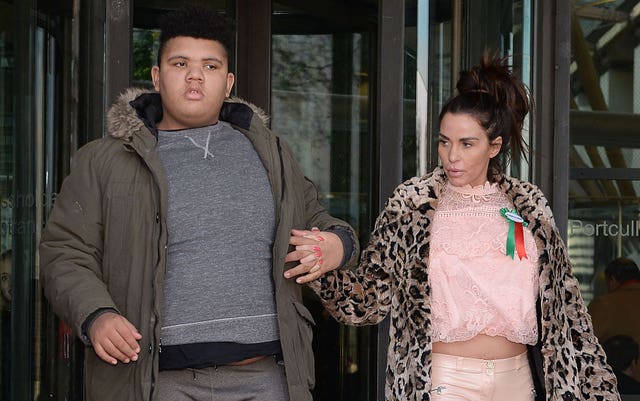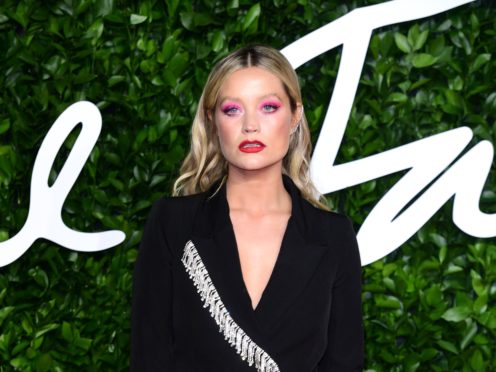Love Island presenter Laura Whitmore has urged her followers to sign a petition demanding stronger measures against social media trolls.
Started by Katie Price, it calls for there to be a legal requirement that personal accounts on sites such as Facebook and Twitter are linked to a verified form of identification, to prevent “anonymised harmful activity, providing traceability if an offence occurs”.
The petition has so far attracted more than 613,000 signatures.
It comes after England players Marcus Rashford, Jadon Sancho and Bukayo Saka were racially abused on social media after missing penalties during the Euro 2020 final on Sunday.
Whitmore, 36, shared a link and wrote to her 1.4 million Instagram followers: “The fact that anyone can say anything online without any accountability has never been right.
“We all have platforms no matter how many followers or who you are, use it to make the world that little bit better.”
Former model and reality star Price, 43, started the petition after her son Harvey faced abuse online.

Harvey, 19, was born with septo-optic dysplasia, Prader-Willi syndrome, autism and a learning disability.
In the petition details, Price claims the Government’s Online Safety Bill “doesn’t go far enough in making online abuse a specific criminal offence”.
The Bill will put a new legal duty of care on online companies to protect their UK users from harm, including people receiving abusive comments, threats and harassment online.
A Government response to the petition on May 5 said legislation would “address anonymous harmful activity”.
But it added: “User ID verification for social media could disproportionately impact vulnerable users and interfere with freedom of expression.”
On Monday, Girls Aloud star Nicola Roberts also criticised the Bill, saying it fails to stop abusive web-users from rejoining social media platforms after being banned.
A Department for Digital, Culture, Media and Sport spokesman said: “This legislation will tackle anonymous abuse. We will not impose a blanket ban on anonymity online because for some groups, such as people exploring their sexuality or suffering from domestic abuse, it is important.
“However, all social media companies will have to meet their duty of care, which will mean stopping repeat offenders from opening new accounts and working with the authorities to make it easier to find people who set up accounts anonymously to abuse others.”
